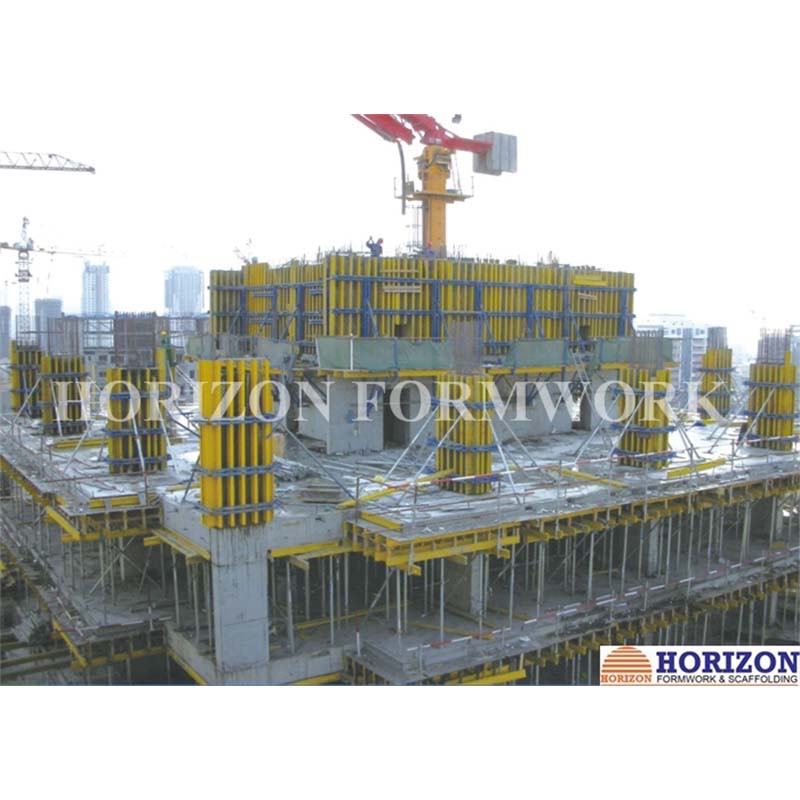Dec . 03, 2024 15:48 Back to list
flexible formwork factory
The Rise of Flexible Formwork Factories Revolutionizing Construction Techniques
In the rapidly evolving world of construction, innovative techniques and materials are constantly reshaping the methodologies employed by builders and architects alike. One of the most notable advancements in recent years is the emergence of flexible formwork factories. This innovative approach is transforming traditional construction processes, enhancing efficiency, reducing waste, and allowing for unprecedented design capabilities.
Understanding Flexible Formwork
Flexible formwork refers to a system where the formwork used to shape concrete structures is adaptable and pliable, rather than rigid and fixed. Traditionally, concrete was poured into stiff, pre-made forms, which dictated the final shape and size of the structure. However, flexible formwork allows for variations in shape, contour, and texture without the constraints of conventional materials. This adaptability opens up endless possibilities in architectural design, enabling unique and striking structures that were once thought to be impractical or too costly to achieve.
Advantages of Flexible Formwork
1. Cost Efficiency One of the primary benefits of using flexible formwork is the reduction in material costs. Traditional formwork often requires significant amounts of wood or metal, leading to increased expenses and resource consumption. Flexible systems can be made using lightweight materials that require less raw input, thereby reducing both costs and ecological impact.
2. Time Savings Construction timelines can be significantly shortened through the use of flexible formwork. The adaptability of these systems allows for quicker setup and takedown processes. Moreover, fewer materials are needed to create complex forms, minimizing the time spent on assembly and disassembly.
3. Design Freedom Architects and designers are consistently pushing the boundaries of creativity, and flexible formwork enables them to do just that. With the ability to create various shapes and curves, designers can conceptualize and realize intricate designs that would be challenging or impossible to achieve with conventional formwork.
flexible formwork factory

4. Reduced Waste Environmental sustainability is an increasingly pressing concern in the construction industry. Flexible formwork minimizes waste by using materials more efficiently and allows for the reuse of existing components. The reduction in the amount of material thrown away is vital in decreasing the overall carbon footprint of construction projects.
The Role of Flexible Formwork Factories
Flexible formwork factories play a crucial role in this innovative approach to construction. These specialized facilities produce the materials and systems necessary for flexible formwork applications. As demand for unique architectural designs grows, these factories utilize advanced technology and production techniques to fabricate custom formwork solutions tailored to specific project needs.
Additionally, flexible formwork factories often employ skilled workers who understand the intricacies of both the material and the desired outcome, ensuring that the final product meets the highest standards of quality and durability. By centralizing the production in these factories, construction companies can streamline their processes and take advantage of economies of scale.
Challenges and Future Outlook
While the advantages of flexible formwork are significant, there are challenges to overcome. The initial investment in new technologies and training for workers can be daunting for some firms. However, as awareness of the long-term benefits grows, more companies are likely to adopt this approach.
Looking ahead, the future of flexible formwork factories looks promising. As technology continues to advance, the capabilities of these factories will expand, allowing for even more complex designs and structures. With a growing focus on sustainability and efficiency in construction, flexible formwork stands out as a cornerstone of contemporary building practices.
In conclusion, flexible formwork factories represent a significant leap forward in construction techniques, offering efficiency, cost savings, design flexibility, and environmental benefits. As the industry embraces this innovative approach, the potential for creating tomorrow's architectural masterpieces is limitless.
-
High-Quality U Head Jack Scaffolding – Reliable Scaffolding Jack Head Manufacturer & Factory
NewsJul.08,2025
-
High-Quality I Beam H20 Leading Timber Beam H20 Material Factory, Exporters & Manufacturers
NewsJul.08,2025
-
High-Quality Powder Coating Steel Formwork - Durable & Corrosion Resistant Solutions
NewsJul.07,2025
-
Inclined Column Formwork Supplier – Durable & Precise Solutions for Unique Structures
NewsJul.07,2025
-
High-Quality Water Stop Solutions Trusted Water Stop Company & Suppliers
NewsJul.07,2025
-
High-Quality Formwork Material Supplier Reliable Manufacturer & Factory Solutions
NewsJul.06,2025